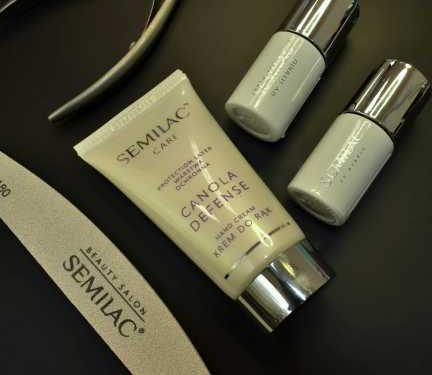Choosing the right foundation for your skin type can be a daunting task. With so many options on the market, it can be overwhelming to figure out which one is best for you. However, with some knowledge about your skin type and what to look for in a foundation, you can easily find the perfect match for your needs. In this ultimate guide, we will break down the best foundations for each skin type and provide tips on how to choose the right one for you.
First, it is important to understand your skin type. There are five main skin types: normal, oily, dry, combination, and sensitive. Normal skin is well-balanced and does not have excess oil or dryness. Oily skin tends to produce more oil, especially in the T-zone (forehead, nose, and chin). Dry skin lacks moisture and can feel tight and flaky. Combination skin is a mix of oily and dry areas, usually with an oily T-zone and dry cheeks. Sensitive skin is easily irritated and prone to redness and reactions to certain ingredients.
Once you have identified your skin type, you can start looking for foundations that will work best for you. Here are some tips for choosing the right foundation based on your skin type:
1. Normal skin: If you have normal skin, you are lucky because you can pretty much wear any type of foundation. Look for a foundation that provides a natural finish and offers medium coverage. Liquid and powder foundations are great options for normal skin because they blend easily and provide a seamless finish. You can also experiment with different textures and finishes to see what works best for you.
2. Oily skin: For oily skin, it is best to look for oil-free, matte foundations that will help control shine throughout the day. Look for foundations labeled as “oil-free” or “matte” to ensure they will not clog your pores or exacerbate your oiliness. Powder foundations are also a good option for oily skin because they absorb excess oil and provide a matte finish. Avoid heavy, creamy foundations that can make your skin look greasy.
3. Dry skin: If you have dry skin, you need a foundation that will provide hydration and add moisture to your skin. Look for foundations with hydrating ingredients like hyaluronic acid, glycerin, or squalane. Liquid foundations with a dewy or luminous finish are ideal for dry skin because they will make your skin look more radiant and supple. Avoid matte or powder foundations that can accentuate dry patches and make your skin look flaky.
4. Combination skin: Finding the right foundation for combination skin can be tricky because you have to address both oily and dry areas. Look for a foundation that is oil-free and provides a natural finish. You can also opt for a lightweight foundation that is buildable, so you can add more coverage to oily areas and less to dry areas. BB creams and tinted moisturizers are also great options for combination skin because they provide light coverage and hydration.
5. Sensitive skin: If you have sensitive skin, it is important to choose a foundation that is gentle and free of irritants. Look for foundations that are labeled as “hypoallergenic” or “fragrance-free” to minimize the risk of irritation. Mineral foundations are a good option for sensitive skin because they are made with natural ingredients and are less likely to cause reactions. Avoid foundations with alcohol, fragrance, or harsh chemicals that can irritate your skin.
In addition to considering your skin type, there are a few other factors to keep in mind when choosing a foundation:
– Coverage: Think about the level of coverage you need. If you have clear skin and just want to even out your complexion, a light coverage foundation like a tinted moisturizer or BB cream may be enough. If you have imperfections or discoloration that you want to cover, you may need a medium to full coverage foundation.
– Shade match: It is crucial to find a foundation that matches your skin tone. Test the foundation on your jawline or neck to see if it blends seamlessly with your natural skin color. If you are unsure about your undertone (cool, warm, or neutral), ask a beauty consultant for help to find the perfect match.
– Finish: Consider the finish of the foundation you prefer. Matte foundations are best for oily skin, while dewy foundations are great for dry skin. If you want a natural look, opt for a foundation with a satin or demi-matte finish. You can also mix foundations or add a liquid highlighter to customize your finish.
– Formula: Pay attention to the formula of the foundation, especially if you have specific concerns like acne, aging, or hyperpigmentation. Look for foundations that are non-comedogenic (won’t clog pores), anti-aging, or contain ingredients like salicylic acid or retinol to target your skin concerns.
Once you have found the perfect foundation for your skin type and needs, it is important to apply it correctly for a flawless finish. Start with a clean, moisturized face and use a primer to smooth out any texture or pores. Apply the foundation with a brush, sponge, or your fingers, blending it outwards and downwards for a seamless look. Set the foundation with a translucent powder to ensure long-lasting wear.
In conclusion, choosing the right foundation for your skin type is essential for a flawless makeup look. By understanding your skin type, considering factors like coverage, shade match, finish, and formula, and applying the foundation correctly, you can find the perfect match for your needs. Experiment with different foundations and techniques to find what works best for you, and don’t be afraid to ask for help from beauty consultants or makeup artists. With the right foundation, you can enhance your natural beauty and feel confident in your skin.














